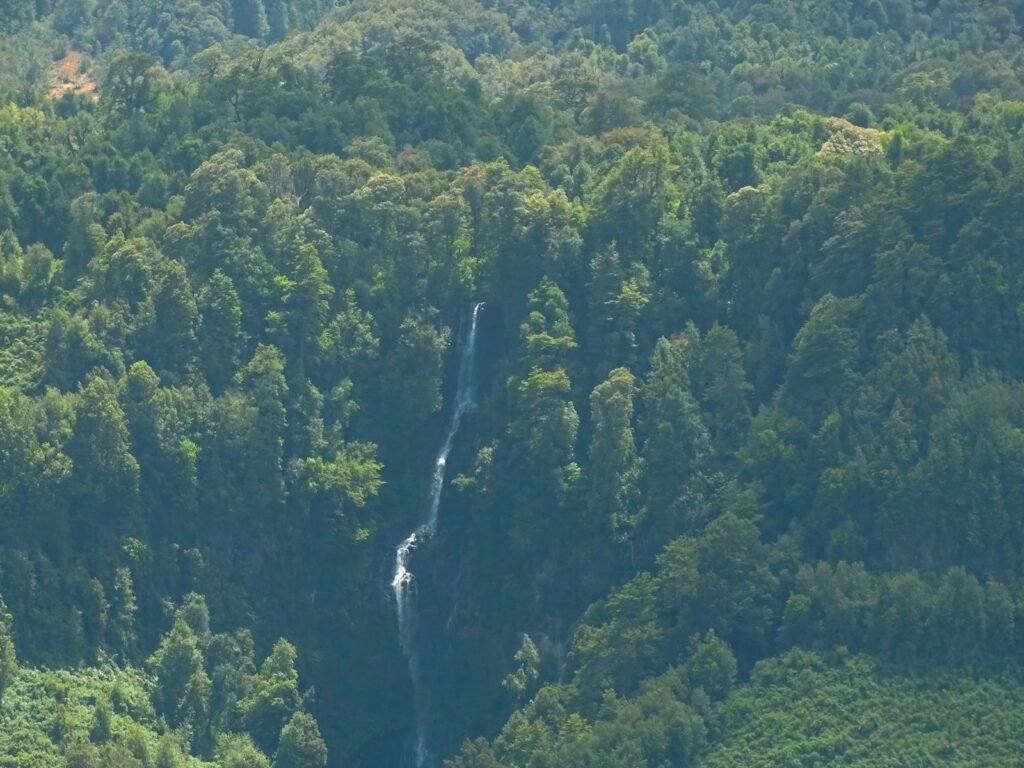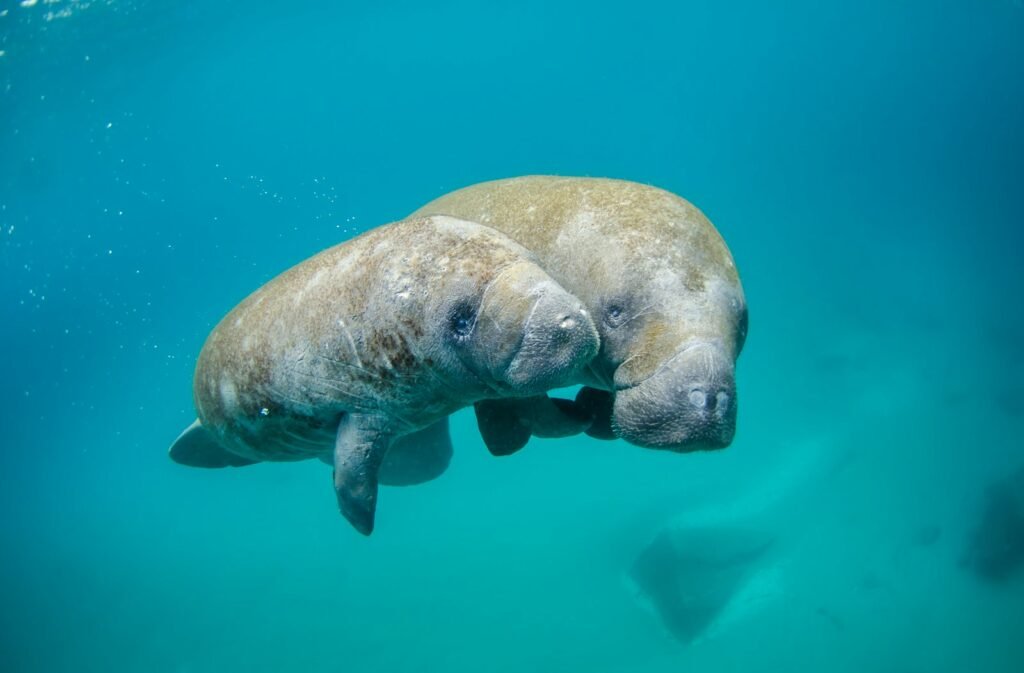Australia, with its diverse ecosystems and unique wildlife, has long been a dream destination for travelers worldwide. Recently, a new wave of travel—eco-tourism—has been transforming how people explore and appreciate this magnificent continent. By prioritizing sustainability and conservation, eco-tourism is not only providing travelers with unforgettable experiences but also playing a crucial role in protecting Australia’s natural heritage for future generations.
The Shift Toward Sustainable Travel
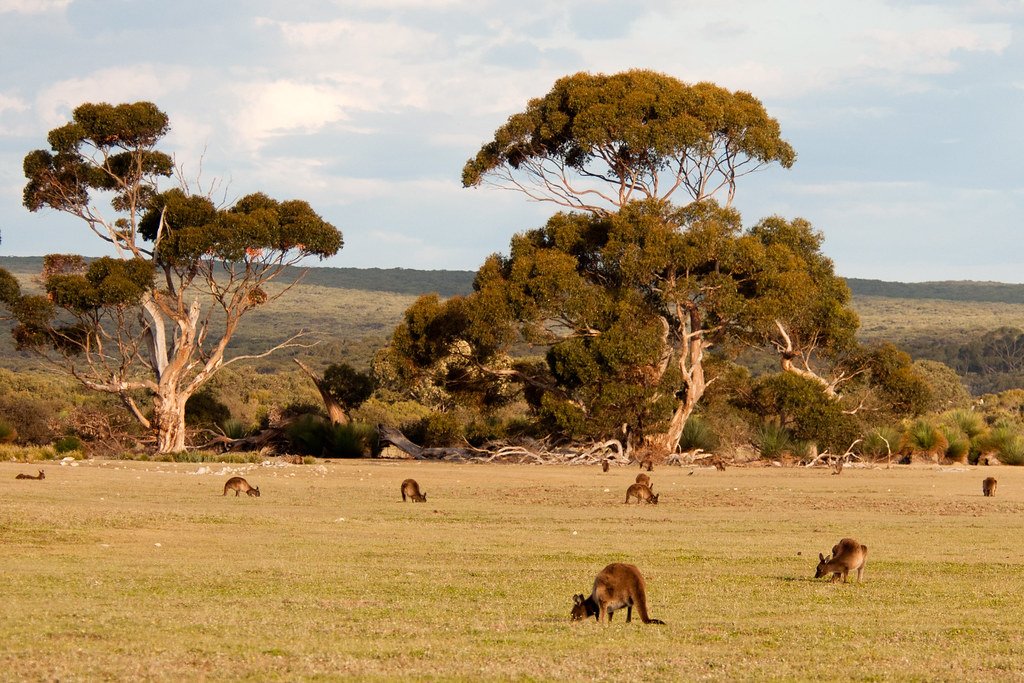
Eco-tourism, a trend that emphasizes responsible travel practices, has gained momentum as more people become aware of the environmental impacts of traditional tourism. In Australia, this shift is evident through the increasing number of eco-friendly tours and accommodations that focus on preserving the natural environment while promoting cultural and wildlife appreciation.
Rich Biodiversity: A Key Attraction

Australia’s rich biodiversity, including iconic species like kangaroos, koalas, and the Great Barrier Reef, attracts eco-tourists from all corners of the globe. Efforts to protect these unique habitats are integral to eco-tourism, as they ensure that tourists can enjoy these wonders for years to come. National parks and protected areas are often included in eco-tours, providing funding for conservation and research.
Promoting Conservation through Education
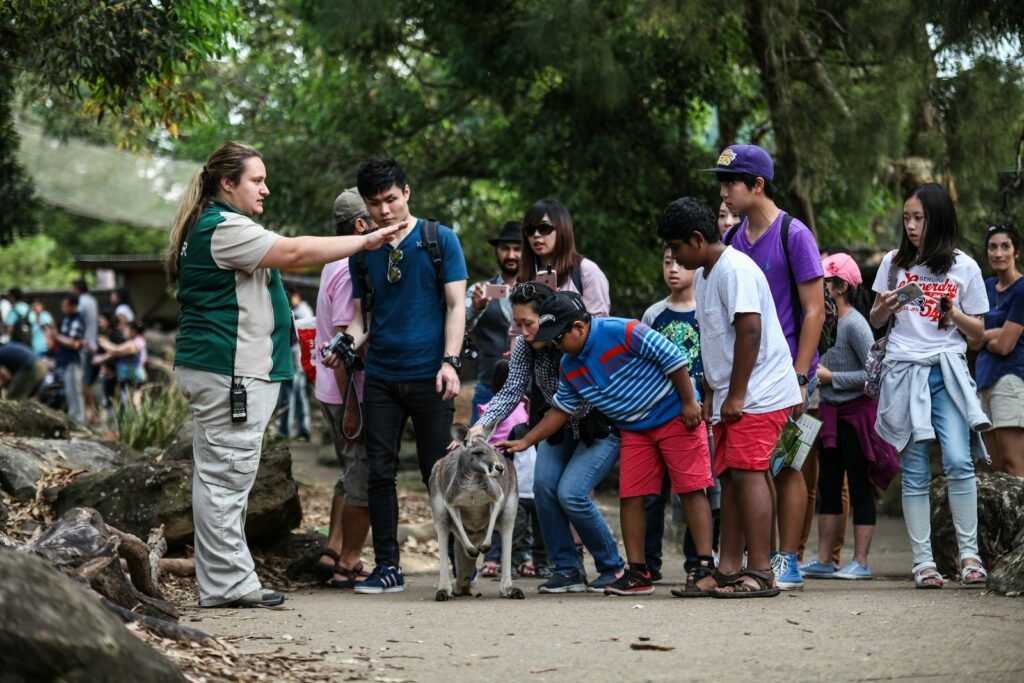
One of the core components of eco-tourism is education. Tours often include informative talks by local experts, allowing visitors to gain a deeper understanding of Australia’s ecosystems and the challenges they face. This awareness raises the profile of conservation efforts and inspires tourists to engage in sustainable practices, both during their travels and upon returning home.
Community Involvement and Support

Eco-tourism not only benefits the environment but also supports local communities. By choosing eco-friendly tours, travelers contribute to the local economy, often supporting indigenous communities and small businesses that are committed to sustainable practices. This fosters a sense of stewardship and encourages communities to protect their natural resources.
Innovative Sustainable Practices in Tourism
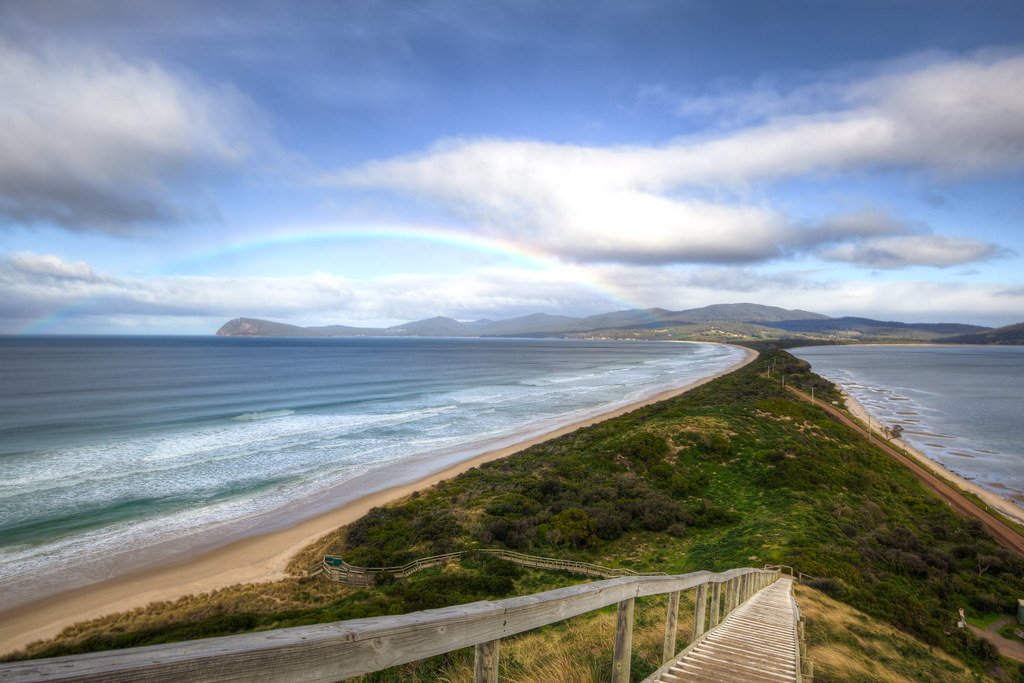
Australia has witnessed various innovative approaches to sustainable tourism. From eco-friendly accommodations that utilize renewable energy to tours that prioritize minimal environmental impact, these practices set a benchmark for other countries. Many operators have committed to carbon-neutral operations, ensuring that their activities do not contribute to climate change.
Marine Conservation and Eco-Tourism

The Great Barrier Reef, a UNESCO World Heritage site, has seen significant attention from eco-tourists concerned about its preservation. Operators in the area promote responsible snorkeling and diving opportunities that adhere to strict guidelines designed to protect the sensitive marine environment. Eco-tours often include activities like coral planting and reef restoration, allowing visitors to actively participate in conservation.
Wildlife Tours That Protect and Educate

Wildlife tours in Australia focus on observing animals in their natural habitats, avoiding practices that displace or stress wildlife. These tours educate visitors on the behaviors and needs of indigenous species, highlighting how human activities impact animal populations. By promoting ethical wildlife viewing, eco-tourism helps ensure the protection of these species for future generations.
Preserving Indigenous Culture and Traditions

Eco-tourism in Australia also emphasizes the importance of preserving indigenous cultures. Many eco-tours include opportunities to learn from Aboriginal communities, experiencing traditional customs and understanding the intrinsic connection between indigenous cultures and the natural environment. Supporting these communities through sustainable tourism efforts respects and values their ancient traditions.
The Role of Government and Policy
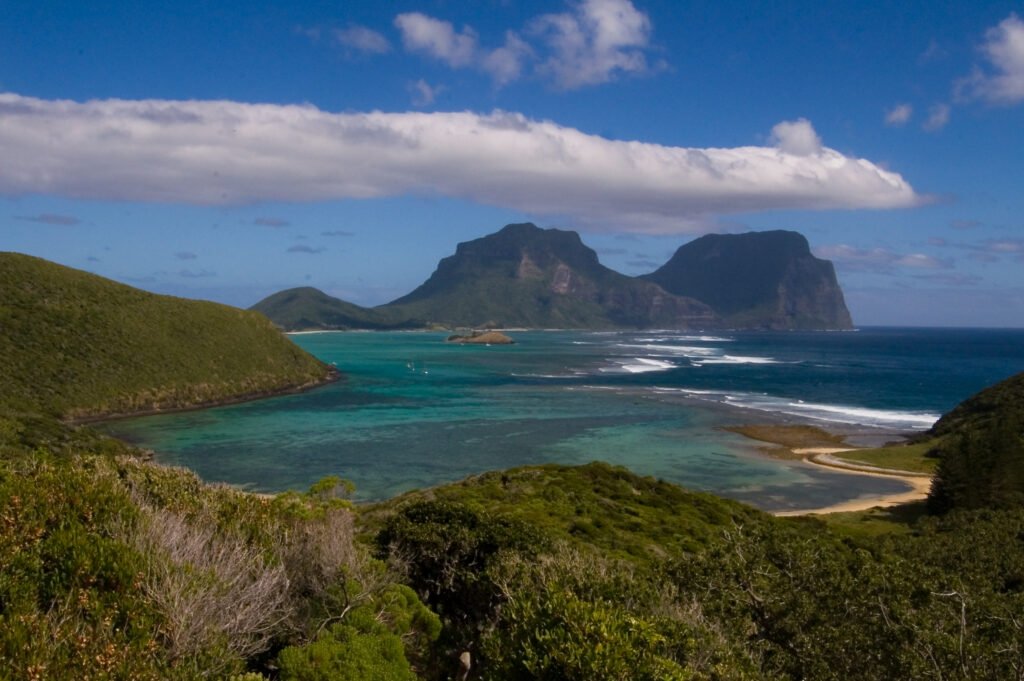
The Australian government plays a pivotal role in promoting eco-tourism through policies and incentives that encourage sustainable practices across the tourism industry. Investments in conservation, infrastructure, and education reflect a commitment to balancing environmental protection with economic growth, fostering a framework where eco-tourism can thrive.
Challenges Facing Eco-Tourism
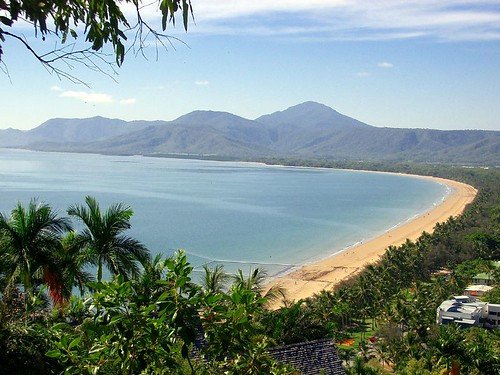
Despite its numerous benefits, eco-tourism in Australia faces challenges. Ensuring authenticity and avoiding “greenwashing,” where businesses falsely claim to adhere to sustainable practices, are ongoing issues. Balancing the need for tourism income with environmental protection requires careful management and oversight to maintain the integrity of eco-tourism.
The Future of Eco-Tourism in Australia
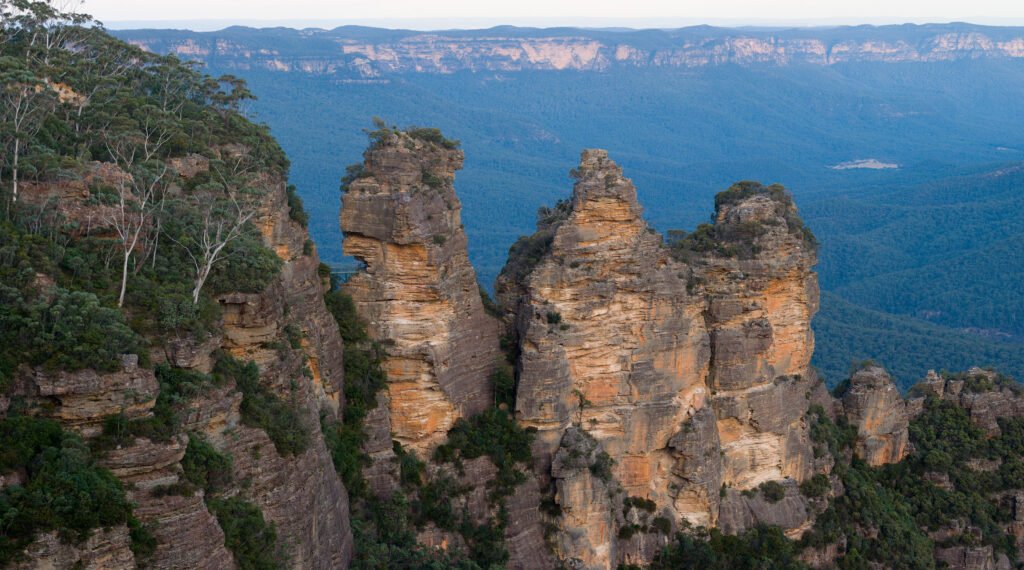
Looking ahead, the growth of eco-tourism in Australia foresees a bright future for conservation efforts. As awareness and demand for sustainable travel continue to rise, Australia stands poised to lead by example on the global stage. With ongoing commitment from government, industry, and travelers, eco-tourism will remain a vital tool in preserving the country’s unparalleled natural beauty.
In conclusion, eco-tourism in Australia signifies a profound shift in travel culture, where conservation and education go hand in hand with exploration and adventure. By choosing eco-friendly travel options, tourists can contribute to the protection of Australia’s unique landscapes and wildlife, ensuring that these natural treasures endure for future generations.


